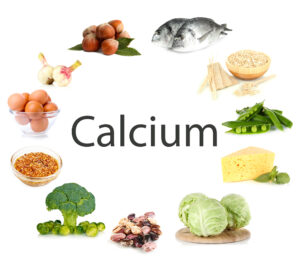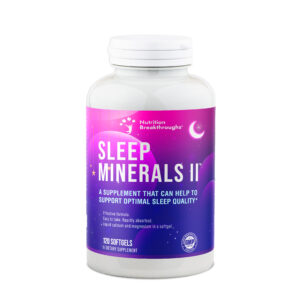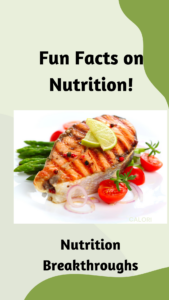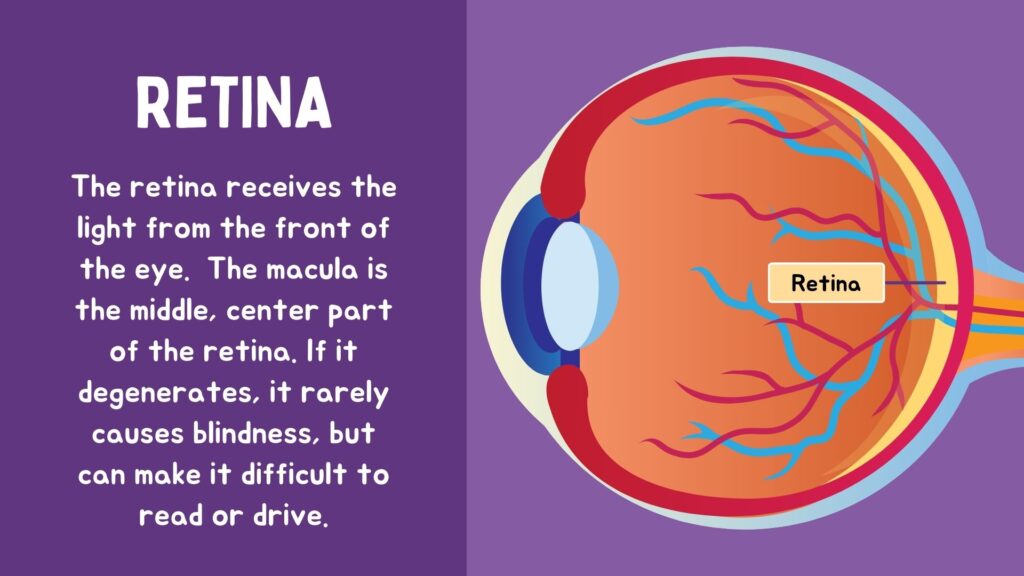 Struggling to fall asleep or stay asleep? You’re not alone. Insomnia, or difficulty sleeping, affects millions of people worldwide.
Struggling to fall asleep or stay asleep? You’re not alone. Insomnia, or difficulty sleeping, affects millions of people worldwide.
While stress and screen time are common culprits, physical conditions can also play a major role in keeping you awake. The good news? There are natural solutions for many causes of insomnia..
- Low Magnesium Levels
Magnesium is a mineral that helps relax your muscles and calm your nervous system. If your body is low in magnesium, you may experience restless sleep, muscle cramps, or frequent waking.
Solution: Eat magnesium-rich foods like bananas, almonds, pumpkin seeds, and spinach. You can also try a natural supplement which provides absorbable magnesium and calcium to promote deep sleep.
- Blood Sugar Imbalances
Blood sugar refers to the amount of sugar in your bloodstream. When it spikes or drops too quickly, it can wake you up in the middle of the night.
Solution: Avoid sugary snacks before bed, and eat a balanced dinner with protein, healthy fats, and fiber (such as salmon, avocado, and vegetables). A small handful of nuts before bedtime can help stabilize blood sugar while you sleep.
- Hormonal Changes
Hormones are chemical messengers that regulate many body functions, including sleep. Women experiencing menopause or PMS (premenstrual syndrome) often have sleep troubles due to changing estrogen and progesterone levels.
Solution: Drinking chamomile, mint or lavender tea before bed can help relax the body. Magnesium also plays a role in balancing hormones and enhancing melatonin, so adding magnesium-rich foods or supplements can make a difference.
- Excess Caffeine or Stimulants
Caffeine, found in coffee, tea, soda, and chocolate, stays in your system for hours and can interfere with sleep. Energy drinks and some medications (like decongestants) can also act as stimulants, making it harder to wind down at night.
Solution: Try cutting off caffeine at least 6–8 hours before bedtime. Herbal teas like rooibos or peppermint can be great caffeine-free alternatives.
- Chronic Pain or Inflammation
Conditions like arthritis, fibromyalgia (tender points around the body), or back pain can make it uncomfortable to sleep. Inflammation (your body’s response to injury or stress) can also contribute to nighttime discomfort.
Solution: Anti-inflammatory foods like turmeric, ginger, and omega-3-rich fish can help. A warm bath with Epsom salts (which contain magnesium) can also relax muscles and ease pain before bedtime.
Final Thoughts
Understanding what’s keeping you up at night is the first step to solving it. By making small, natural changes — like improving your diet, managing stress, doing some regular, gentle exercise, and supporting your body’s natural rhythms — you can remedy the causes of insomnia and enjoy deep, restful sleep.
This natural health news is shared by Nutrition Breakthroughs, maker of the original, drug-free, calcium and magnesium-based sleep aid Sleep Minerals II.
Doctor P. P. of Houston, Texas says: “I had developed sleeping problems and took two different sleeping medications over the course of several weeks. When I discontinued them the insomnia came back even worse. I literally got about 20 hours of sleep in 6 weeks time. Sleep Minerals II was just what I needed. I’ve been taking it for a couple weeks and getting many hours of sleep a night. As a doctor I would definitely avoid prescribing sleeping drugs — I would recommend Sleep Minerals II.”












